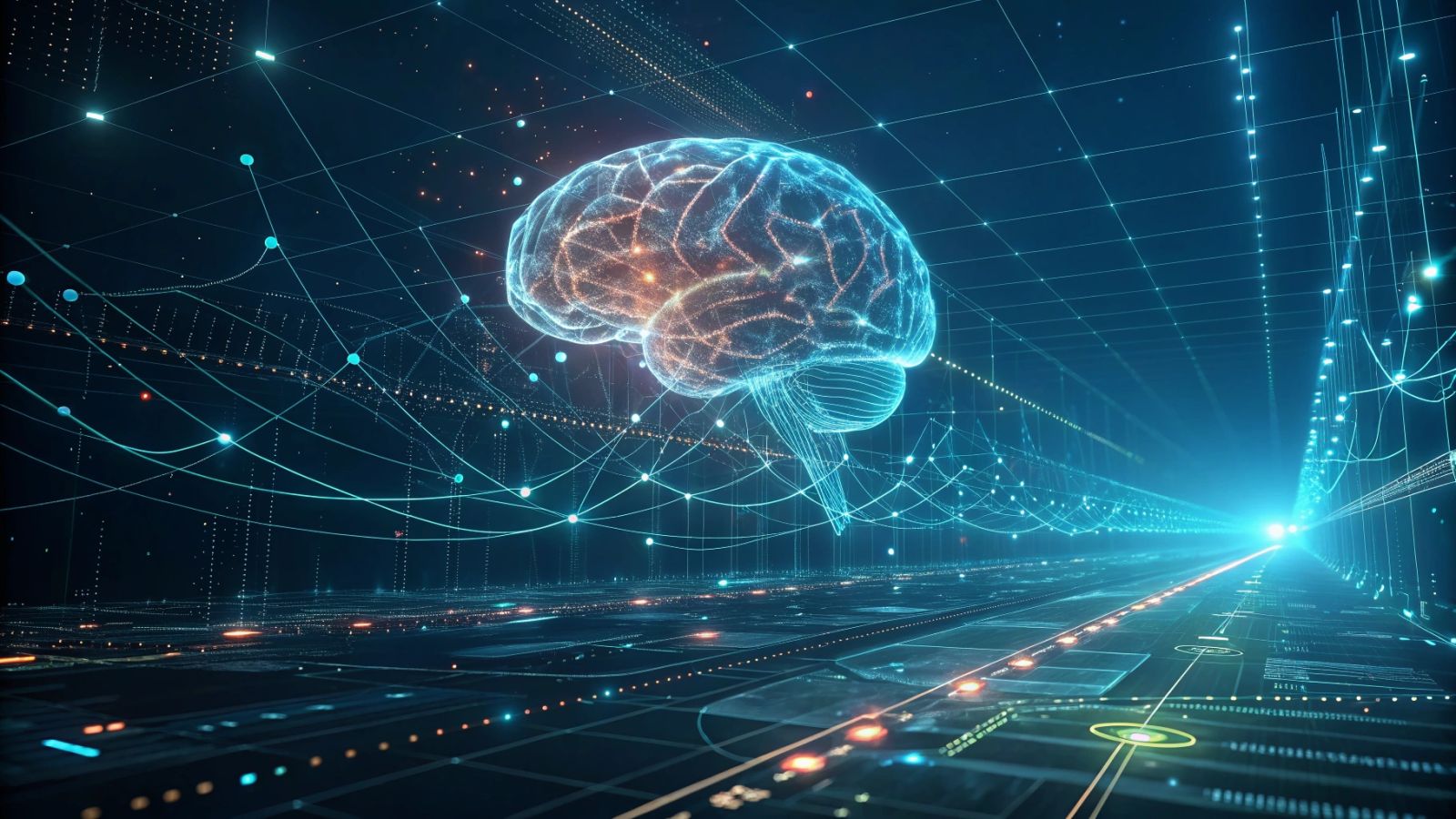This AI has just matched average human intelligence 🧠
Published by Cédric,
Article author: Cédric DEPOND
Source: The Conversation
Other Languages: FR, DE, ES, PT
Article author: Cédric DEPOND
Source: The Conversation
Other Languages: FR, DE, ES, PT
Follow us on Google News (click on ☆)

This success marks a turning point in the field of artificial intelligence. The ARC-AGI test, designed to evaluate a system's ability to adapt to new situations, was brilliantly mastered by o3. But what does this performance really mean, and how close is this AI to human intelligence?
The ARC-AGI test: a measure of general intelligence
The ARC-AGI test, created by French researcher François Chollet, evaluates a system's ability to generalize from few examples. It uses grid problems where the AI must identify rules to transform one image into another.
This ability to generalize is considered a cornerstone of intelligence. Unlike models like GPT-4, which require thousands of examples to learn, o3 shows an aptitude to quickly adapt to situations it encounters.
o3's performance: impressive adaptation
With a score of 85%, o3 far surpasses previous AI models, which were capped at 55%. This performance suggests that it is capable of finding minimal and generalizable rules from just a few examples.
This capability relies on a method similar to that used by AlphaGo, where the AI explores different "chains of thought" to solve a problem. However, the exact way o3 works remains a mystery, as OpenAI has not disclosed the technical details.
Limits not to be overlooked
Despite this advancement, o3 is not yet an artificial general intelligence (AGI). It still fails at tasks that are simple for humans, highlighting fundamental differences between its functioning and human intelligence.
Moreover, its specific training for the ARC-AGI test raises questions about its ability to generalize in other contexts. Without broader evaluation, it is difficult to determine whether o3 represents a true revolution or simply a targeted optimization.
Towards a new era of AI?
If o3 confirms its capabilities in various domains, it could transform entire sectors of the economy. However, its real impact will depend on its ability to adapt to complex and unforeseen situations, a key characteristic of human intelligence.
In the meantime, this breakthrough reignites the debate on the criteria needed to define AGI and on the ethical and societal implications of such technology.
What is generalization in artificial intelligence?
Generalization in artificial intelligence refers to a system's ability to apply knowledge acquired in one context to new and unfamiliar situations. It is essential for AI to solve varied problems without requiring constant relearning.
Unlike memorization, where the AI reproduces learned responses by rote, generalization involves understanding underlying rules. For example, a model capable of generalization can solve a puzzle after seeing only a few examples, rather than thousands. This capability is measured by tests like ARC-AGI, which evaluate how a system adapts to new tasks.
Generalization is a key challenge for achieving artificial general intelligence (AGI). Without it, AI systems will remain limited to specific and repetitive tasks, unable to adapt to complex and unforeseen problems.